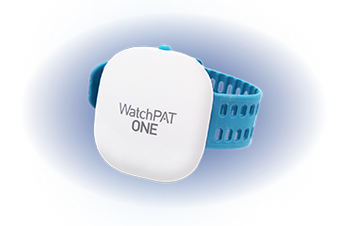-
Sunset Comfort Chin Strap
Rated 4.1 out of 5 stars11 ReviewsSale price $ 1299Unit price per -
CPAP Full Face Mask Liners
Sale price $ 2995Unit price per -
CPAP Nasal Pillow Mask Liners
Rated 4.0 out of 5 stars1 ReviewSale price $ 2995Unit price per -
CPAP Mask Liners for Philips Respironics Masks
Rated 4.0 out of 5 stars1 ReviewSale price $ 2995Unit price per -
Boomerang Gel Pads
Sale price $ 1395Unit price per -
5% OFF
Dream Mouth Tape
Rated 4.0 out of 5 stars4 ReviewsSale price From $ 3400Unit price per$10200Sale -
10% OFF
Hush Strips
Rated 4.0 out of 5 stars10 ReviewsSale price From $ 1799Unit price per$1999Sale -
Save up to 16% New
VIO2 Unscented Mouth Tape
Rated 4.9 out of 5 stars354 ReviewsSale price From $ 2695Unit price per$3195Sale









